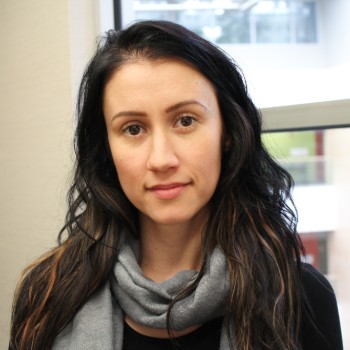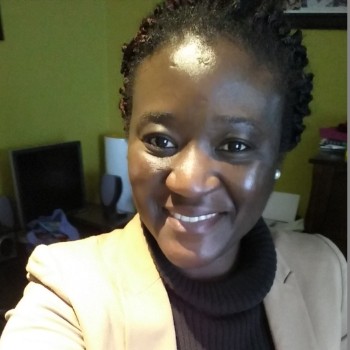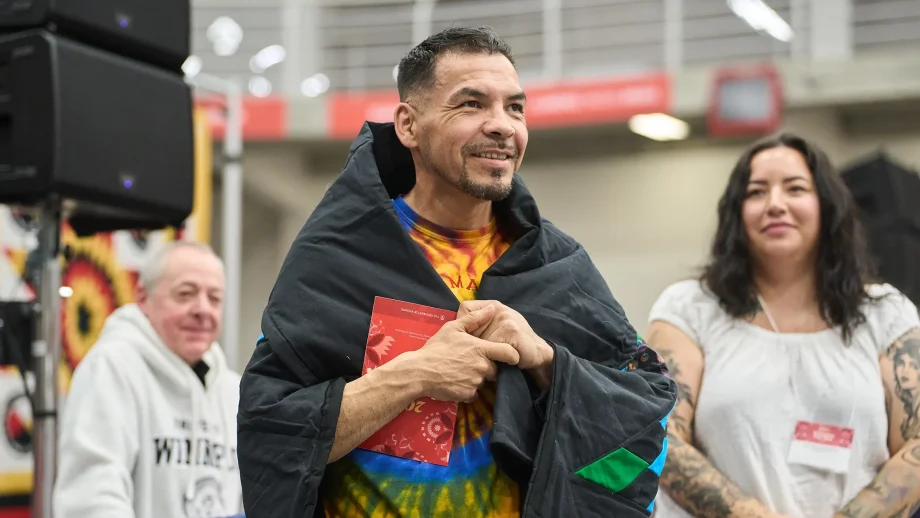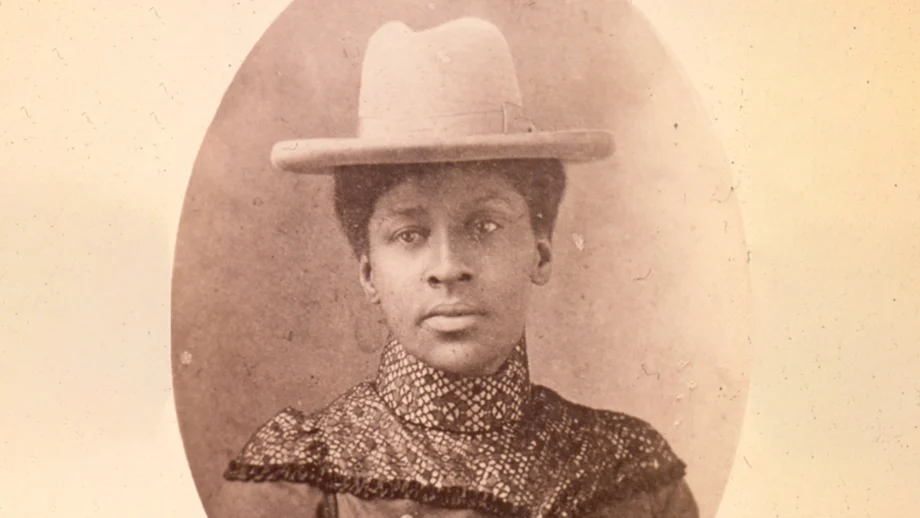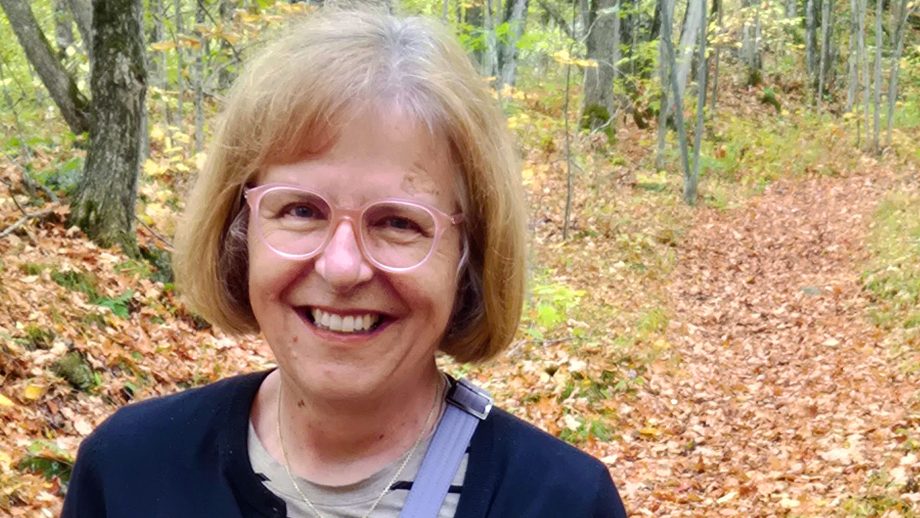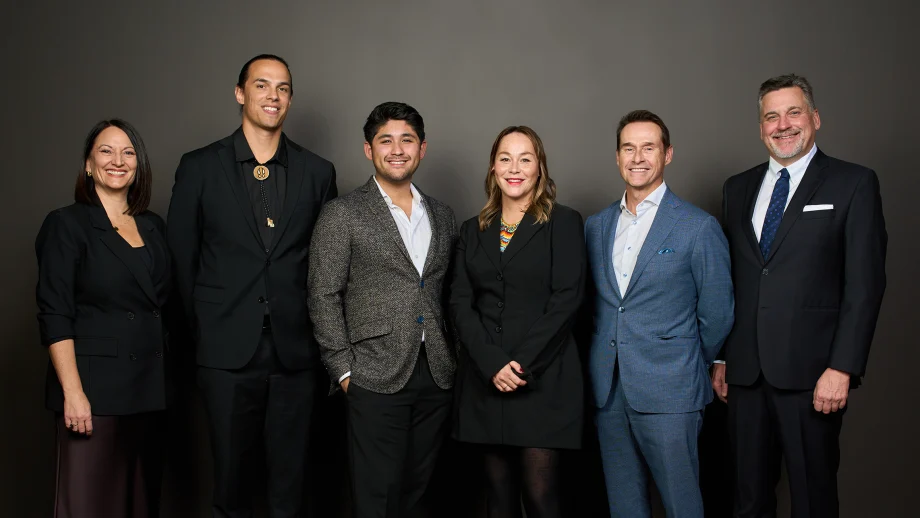Alumnae Brielle Beaudin-Reimer (BA’12, MA’16) and Majing Oloko (MA’16) both graduated with a Master’s in Indigenous Governance (MAIG). They have continued their excellence in Indigenous scholarship and are continuing their scholarly journey as prestigious Joseph-Armand Bombardier Canada Graduate Scholars. They each received the doctoral scholarship valued at $105,000. Both scholars are following their unique paths and are united in their UWinnipeg experience and Indigenous research.
“I extend my heartily congratulations to these young doctoral research scholars and caring mothers,” said Dr. Shailesh Shukla, (Indigenous studies), MAIG professor and advisor . “It is indeed an outstanding achievement of both these MAIG alumnae in winning this extremely competitive scholarship. Brielle and Majing have demonstrated how MAIG training, community-based research skills and Indigenous research experiences helped them in achieving their academic and professional careers. They are inspiring many young women to shape future leadership roles through institutions like UWinnipeg, which respects and weaves Indigenous knowledge into the academy.”
Beaudin-Reimer is passionate about Métis governance and promoting, sharing, and preserving Métis history and culture for future generations through Métis-specific research. She is currently in her second year of her PhD at UManitoba in Native Studies.
Her research interests include ethical protocols that are specifically difficult to navigate in research involving the Métis Nation. For the Métis Nation, the misrepresentation and misrecognition of the Nation and its citizens occurs in research ethics processes and protocols repeatedly. The practice of adopting pan-Aboriginal frameworks to distinct Indigenous Nations, such as the Métis Nation, is inappropriate, disrespectful and unethical.
“My doctoral dissertation will respond to the need to encourage greater ethical standards for research involving Indigenous peoples in Canada, which are rooted in Nation-to-Nation relationships,” said Brielle Beaudin-Reimer . “My thesis will specifically focus on the Métis Nation and explore Métis perspectives on the philosophy, governance, and policy of research ethics and its administration in Canada.”
Beaudin-Reimer is a proud citizen of the Métis Nation. She grew up in St. Eustache Manitoba — a small historic Métis community. She has BA in history, in addition to her MAIG. Although she loves research, her most important work is to be a committed mother, wife, aunt, sister, daughter, and friend.
“I am very fond of UWinnipeg and am thankful for the education I received there,” noted Beaudin-Reimer. “University was (and continues to be) a culture shock in many ways for me. I believe that the size, environment, and friendly and dedicated faculty at UWinnipeg played a pivotal role in encouraging me to continue on my academic journey.”
Oloko is pursing a PhD in environment and sustainability at USaskatchewan, also in her second her of studies. Her research centres around examining how Indigenous and local youth are engaging in the traditional and local food systems of the Clayoquot Sound Biosphere Reserve Region, in the west coast of Vancouver Island. She is partnering with the Clayoquot Biosphere Trust, Indigenous and local youth, and a secondary school from the region on food preservation initiatives.
“The aim is to strengthen the practice of intergenerational knowledge transfer of food knowledge from knowledgeable older residents to youth,” said Oloko. “We want to determine how youth are participating in food preservation and other areas of traditional and local food systems, and the challenges they face. We want to hear what youth would like to see in terms of a solution to boost participation.”
Oloko will also be working to help support youth acquire food preservation skills and knowledge that can support their food sovereignty and those of their families and communities.
Oloko believes her MAIG has helped her in her current studies.
“I can confidently say that my study in the Indigenous Governance program prepared me for advanced research and set me up to understand how to work collaboratively with Indigenous and local communities in a respectful and mutually beneficial way,” shared Oloko. “The MAIG program provided the platform and resources for me to nurture my research interest in the area of traditional and local food systems.”
Oloko valued the interdisciplinary approach that enabled her to think broadly and connect the various issues of importance to Indigenous and local communities in Canada and abroad, especially in the area of traditional and local food systems.
“In addition, there are opportunities to interact and learn from Indigenous Elders, and local community organizations and champions,” noted Oloko. “The seasoned faculty come from a wide area of expertise so that students get support and mentorship all in one place, and I am grateful for the support I continue to receive from my former supervisor and mentor Dr. Shailesh Shukla.”
The Department of Indigenous Studies and the Master’s in Indigenous Governance (MAIG) is grounded in the intellectual and cultural heritage of Indigenous Peoples in Canada and around the globe. The program examines Indigenous governance through Indigenous wisdom and multidisciplinary coursework in Indigenous/Aboriginal governance and disciplines like politics, anthropology, human ecology, sociology, law, history, religious studies, and conflict resolution studies.
The program honours the central role of language as carrier of culture, conveyor of tradition and knowledge, and signifier of individual and community identity by supporting the teaching of the Indigenous languages Ojibwe and Cree.

